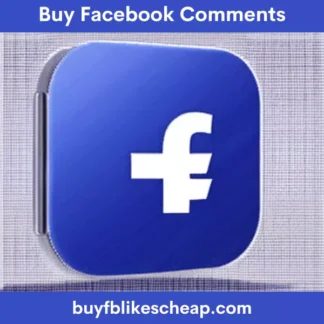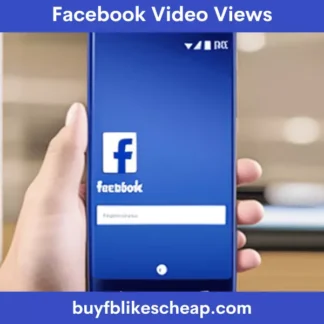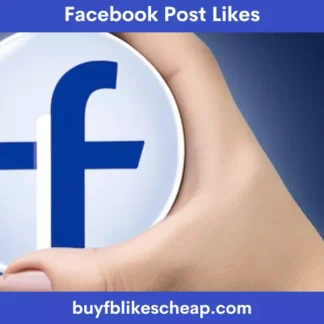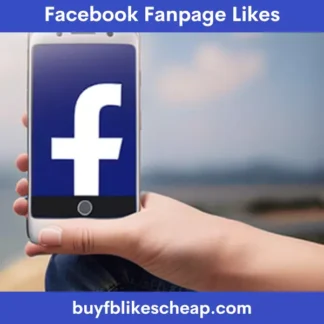In early 2015, (when all the algorithm changes started) there were hundreds of news stories about how hard it was going to be to get organic reach on Facebook. A terrible year was predicted for brands and official pages on this network. Exaggerated or not, what we do know is that the scope has been decreasing over the years. 2016 marked a before and after, as small adjustments to the platform’s algorithm reduced organic reach by between 45% and 75%.
For users with a personal profile, it may not be a big change, however, companies that have an official Facebook page can be hit hard. Do not forget that Facebook is still one of the best Social Networks for digital companies.
But let’s stay calm. First we will see what exactly organic reach is, how it works and what we can do in this situation.
What is organic reach on Facebook?
- Organic reach is the total number of unique users who have seen your post through free distribution methods.
- By contrast, paid reach is the total number of unique users who saw your post as a result of an ad using Facebook Ads. Easy, right?
We are talking about the queen social network, Facebook (don’t believe that it is dying). Facebook is one of the essential networks for most brands, as many companies are basing their digital marketing strategy around it.
But what do we know about Facebook?
Many of my clients are surprised when I tell them that not all posts made on the company page will reach all users who have liked the page.
In other words, if your SME has 300 likes on Facebook, the reach of a publication may be 100 users and therefore the interaction will also be lower. This is not only surprising but it can also be a bit depressing, since the efforts made in this social network do not reach everyone.
Let’s try to understand it better. First of all, we must ask ourselves why Facebook does not offer each post to all the users of a page, or in other words, why does Facebook not allow all the users who follow you to see all the posts in their timeline?
Two reasons that limit the organic reach of Facebook:
- The first is obvious and is that Facebook is a company and therefore needs income, it lives off other companies that spend money promoting posts and ads. For this reason Facebook limits the scope, so that companies pay for these services. If the same results were obtained with organic publications as with paid ones, nobody would pay, right?
- The second reason is much more interesting and at first glance, it may seem somewhat unfair. And it is that Facebook tries to create a good user experience, for this it assesses the quality of the page, and of the published posts, deciding how important each of your publications is. In this way you decide which ones to show and whether to do it to a greater or lesser extent. It is also true that the larger a page is, the more difficult Facebook makes organic reach for it.
More and more companies have an official Facebook page for commercial or branding purposes. Facebook is aware of this and what it does is show users a variety of posts, leaving aside commercial posts and favoring posts that it considers to be content.
In this way the user will see in his timeline what in theory he likes. Thus, reducing the reach of Facebook business pages ensures that the posts users see are balanced.
Edgerank
A few months ago Facebook said that in 2016 it would change its algorithm again, the so-called Edgerank and in this way even fewer posts from business pages would be shown in the users’ feed. One thing that needs to be clarified is that this algorithm does not work indiscriminately, but rather this limitation is supposed to affect pages that do not publish quality content or information more, that is, it will affect pages that only do advertising or self-promotional publications.
The algorithm that Facebook uses to decide if your publication is going to be shown or not has been changing over the years and is getting more and more complicated, I’m not going to lie to you.
Facebook now takes into account different factors: such as having previously interacted with the page by liking or commenting or visiting pages with a similar theme. For these and other reasons, Facebook can understand that the user is interested or not.
Post type
Another factor that also counts is the type of publication that is consumed the most, if, for example, a user sees many videos, Facebook will understand that they prefer this type of content and will show it to them more, if you do not publish any video on your Facebook page , this user is probably out of your reach.
Also, in the case of videos, we know that Facebook is focusing its strategy on including more content in this format, to wage war against YouTube and other platforms that have focused on this format.
Post time
The time it is published is also taken into account, of course this is an issue that Social Media Managers are very concerned about, and we are always looking for the best time to publish, tweet, instagram, pin.
Facebook knows exactly what time users connect, what they like, what they read and what they use Facebook for.
In addition to all the data that Facebook has been collecting on user behavior, certain features that Facebook has been implementing are also taken into account. Sometimes the same platform asks you if you like something that it has shown you, also when a publication or ad is closed, it asks the reason to know if it has been deleted for any reason.
After all, Facebook is becoming a little big data tool that knows everything about us. And each time more. 2016 is going to be a year to rethink strategies, actions and analysis of the impact of our brands on Facebook.
It is highly recommended that brands that have or want to create a good community on Facebook use sponsored ads and posts consistently and always guided by a professional to optimize their investment and achieve the desired objectives.
But in this post we will not talk about payment options, because we are going to focus on the organic reach of Facebook and how we can get our users to see more of our publications.





